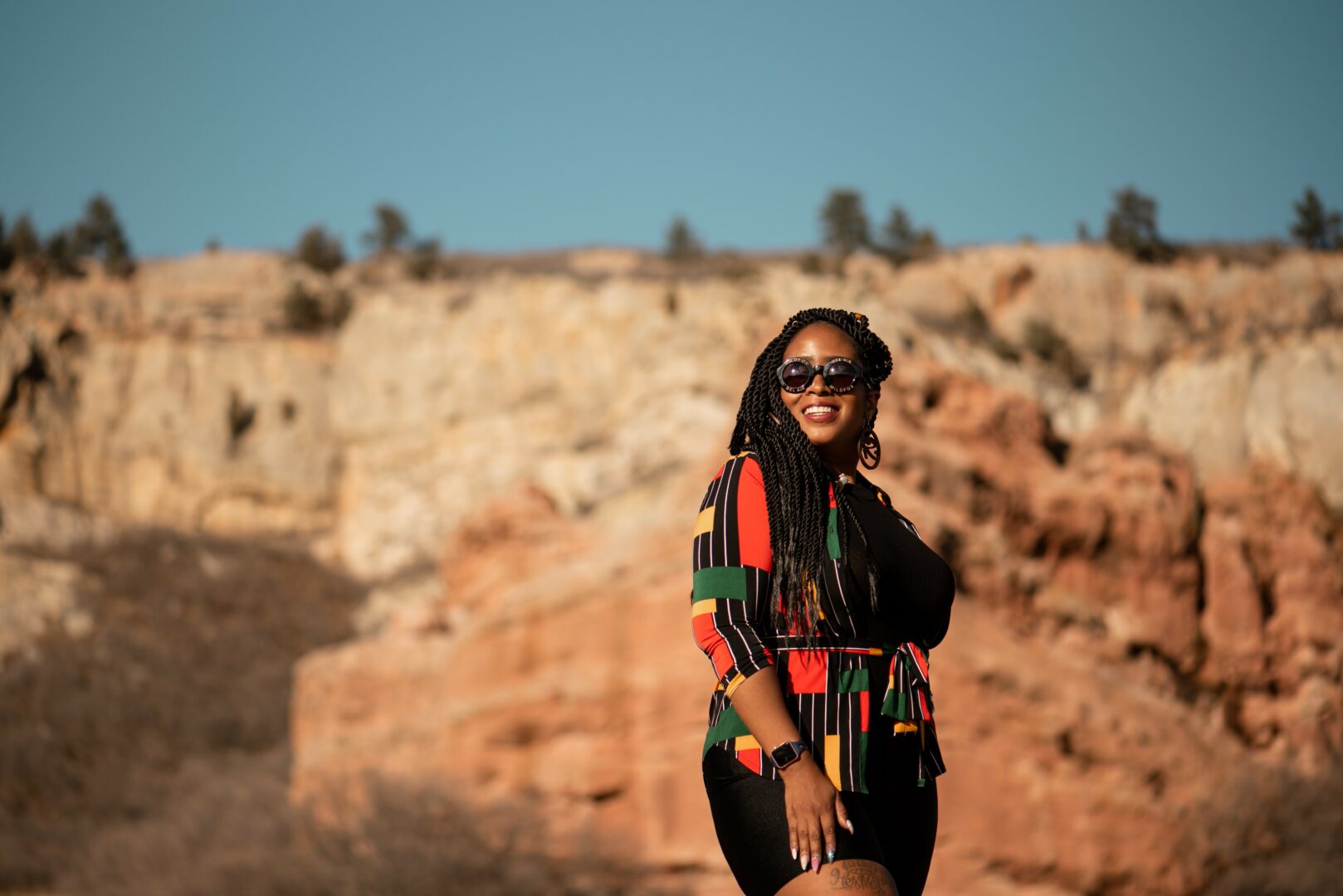What do you do when no one else in the company or the meeting looks like you? We asked entrepreneurs and creatives from across industries and geographies to share their experiences and advice.
Carmen Banks
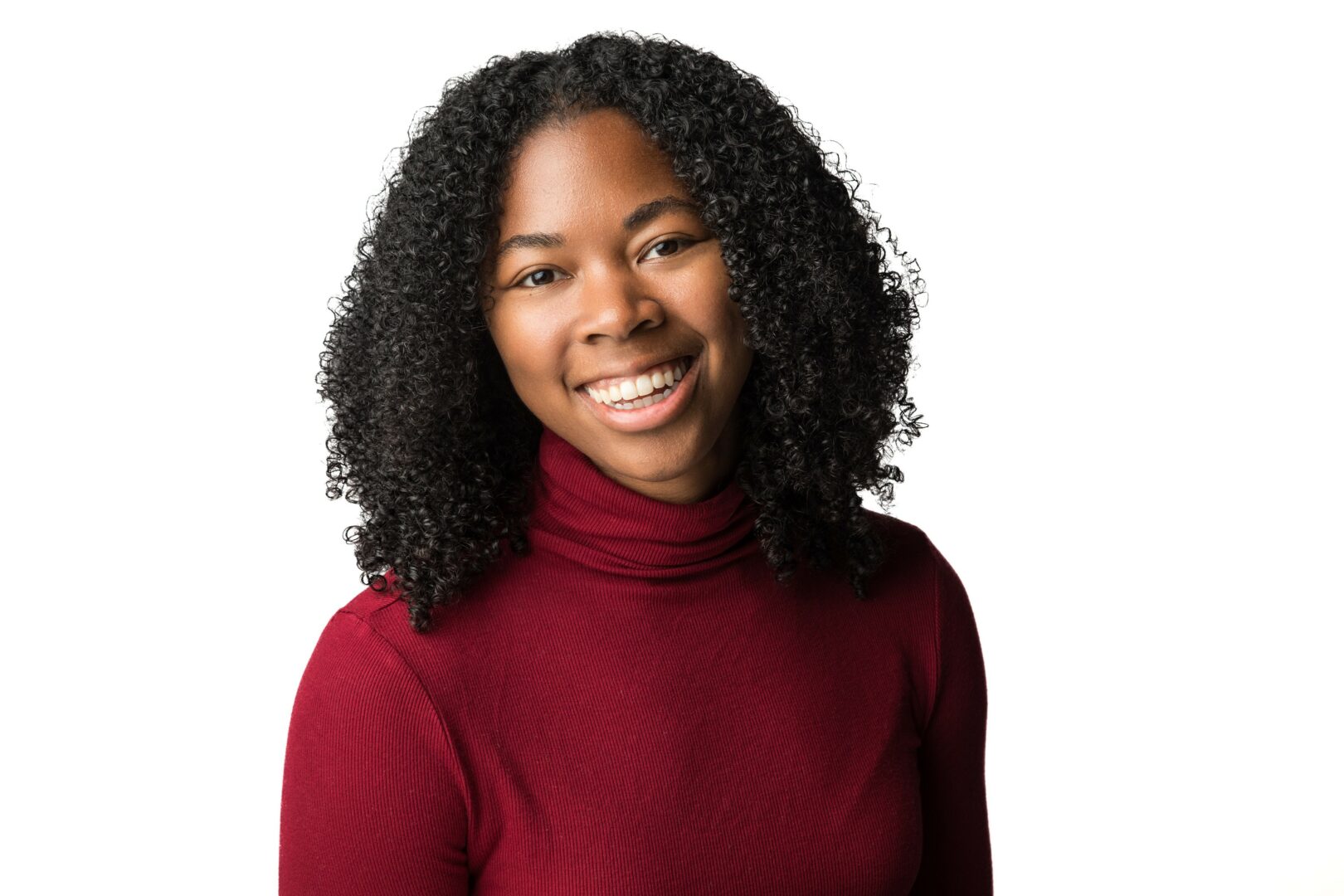
For me, being the only one in the room has always meant staying rooted in my bigger “why.” I remind myself that I’m one of less than 2% of Black women in STEM, and with that comes both a challenge and a responsibility. I’m not just there for myself — I’m there to help change the statistics, to shift the narrative of who gets to belong in science. That perspective keeps me grounded and helps me move with purpose, even when the room feels isolating. Read More>>
John Isaac
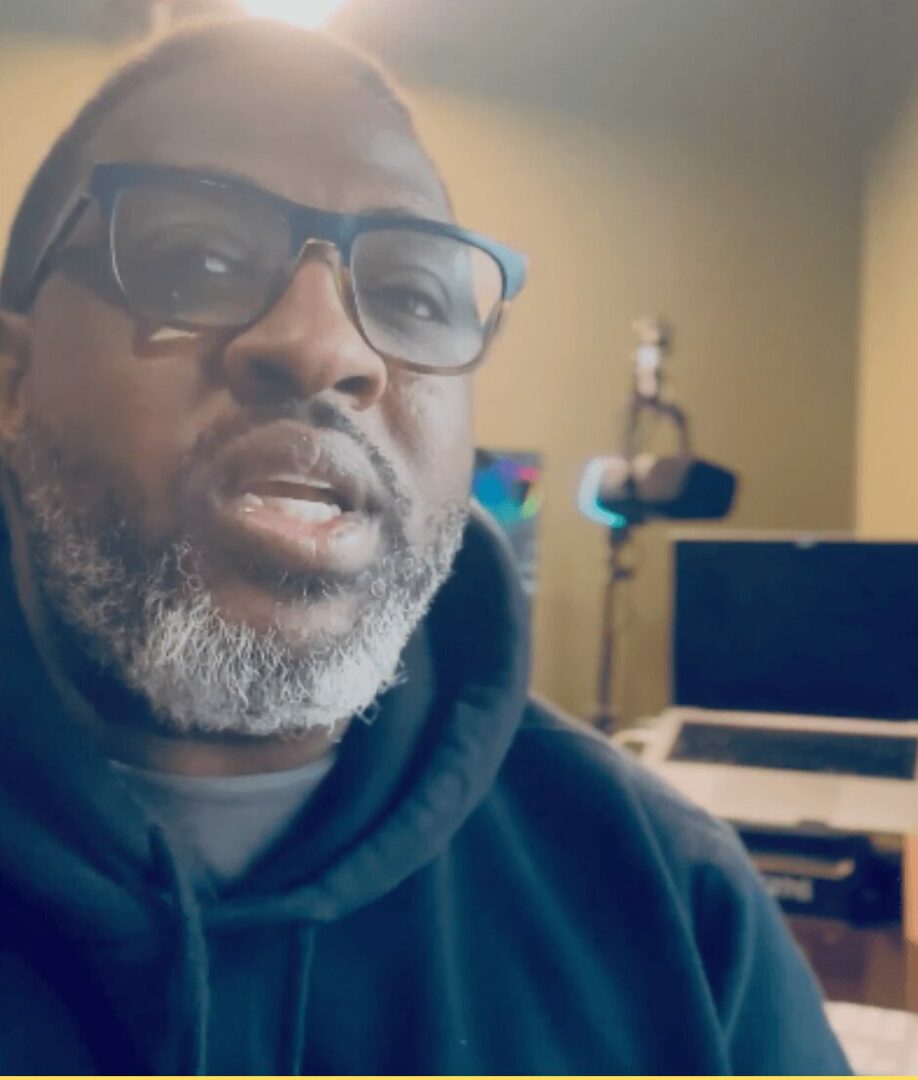
I’ve always been the only person like me in any room. And it’s not because of my race, nationality, or gender—those don’t make me unique. I was born unique. So was every single person walking this earth.
What I bring is my own one-of-a-kind mix of thoughts, beliefs, opinions, insights, and perspective. I’ve always told people: when I walk into a room, the first episode of my reality show begins. If I meet a celebrity or someone considered “high profile,” sure—it’s nice to meet them. Read More>>
Martina Demaio
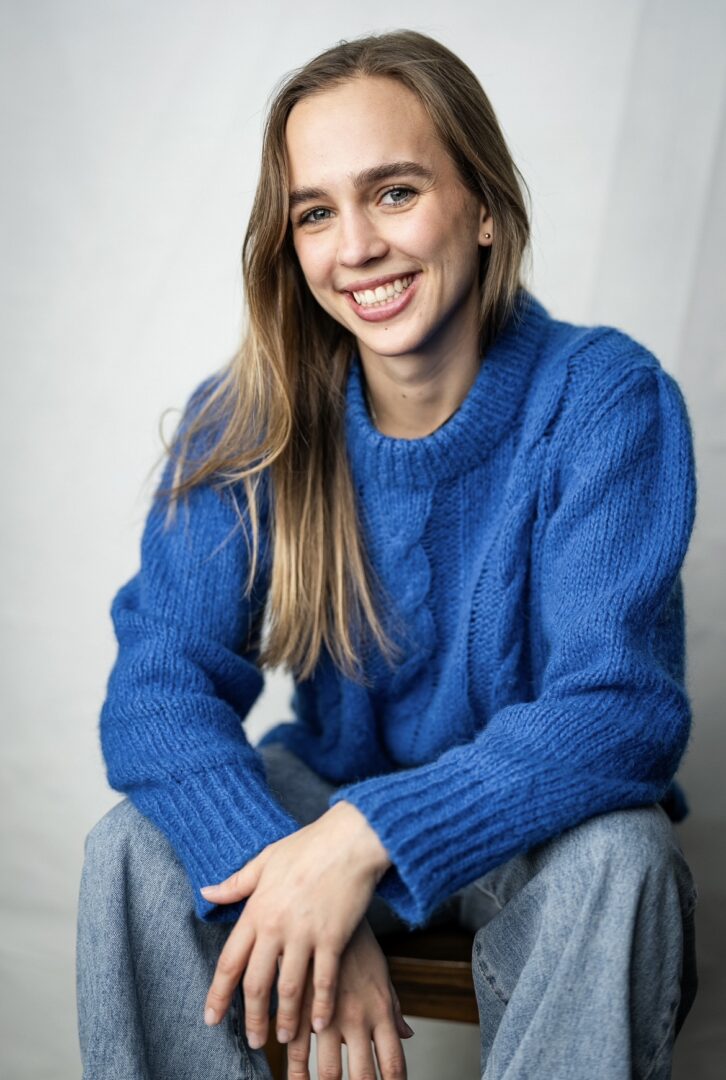
Being the only one in the room has been my reality since moving from Buenos Aires to New York to pursue acting. Often, I’ve been the only Latina, the only immigrant, or simply the only one with my story. At first, it felt isolating, but over time I learned to transform that difference into my strength. What makes me “different” is exactly what makes me valuable. Read More>>
Mandalyn Chandler

Being the only one in the room has taught me to lean on authenticity. Instead of shrinking myself to fit in, I’ve learned to show up as who I am and let that be my strength. When you look different, think different, or carry a different background than everyone else, it can feel isolating—but it also means you bring a perspective no one else has. I’ve found success by turning that uniqueness into value: using my creativity, work ethic, and voice to stand out in ways that go beyond appearance. Read More>>
Marina Castillo
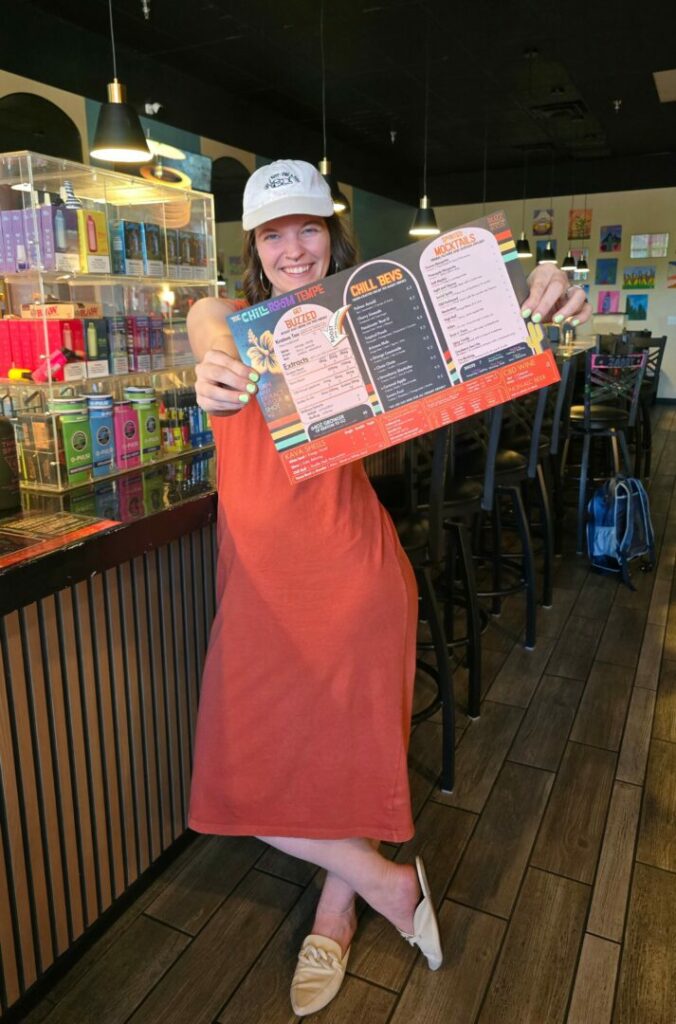
Honestly, I’ve been “the only one in the room” in more ways than one whether it was being the sober woman in nightlife, the former atheist turned Christian in creative business spaces, or the only person in the non-alc/kava industry coming from both a nightlife and food science background.
What’s helped me thrive is understanding that my differences are not disadvantages, they’re my leverage. I don’t try to blend in. I let people see the full picture: the girl who went from showgirl to sober industry leader, the operations strategist who can talk both botanical chemistry and customer experience, the person who will challenge the cultural assumption that you need alcohol to have a good time. Read More>>
Kailynn Ford

There have been many times when I was the only Black person or the only woman in the room. It can be uncomfortable at times, but in those moments, I remind myself of who I am. Being a Black woman does not define me; it merely describes me. I am a strong, talented, and resilient person who has overcome many obstacles. I am smart, kind, and loving. These affirmations and many others empower me to walk into a room with confidence. I possess a strong, positive mindset that allows me to thrive wherever I go. Read More>>
Isomania

being the only ones in the room can be weird, but we kinda like it. we’re not here to copy anyone—we’re just making the stuff we wish already existed. it’s simple, but it’s got weight. we’re not chasing trends, just trying to start our own movement. Read More>>
Lylelana
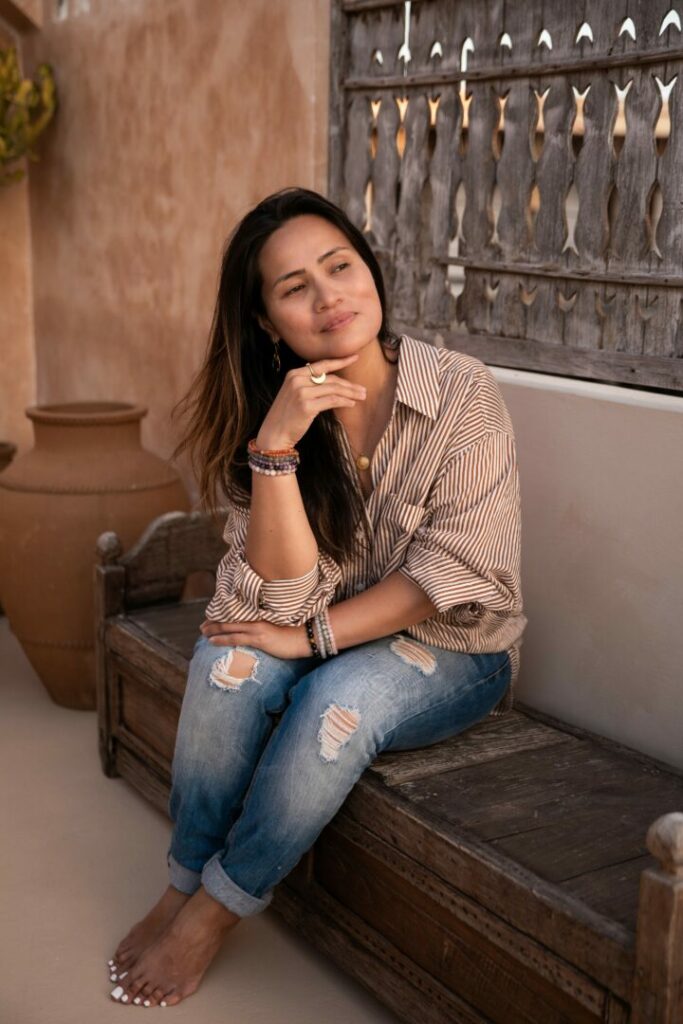
I’ve often been the only one in the room who looks like me.
When I started my first career in the corporate fashion industry in New York, I was one of only two Filipinos in the whole company and the only one in my department.
At first, I felt like I didn’t belong and was out of place, but after a while, I realized that being different was my strength and what makes me unique. I chose to show up as myself, with nothing to prove, just pure, real, raw me. Read More>>
Sadie C

It’s been a trip after realizing I was often the only women, on top of that, Asian, in comedy clubs when I did my shows and open mics. Even just sitting down as an audience in comedy shows, I was often surrounded by a sea of white people, with a few POC’s. I think to say “I stand out” is an understatement in times like these. Read More>>
Caitlin Martin
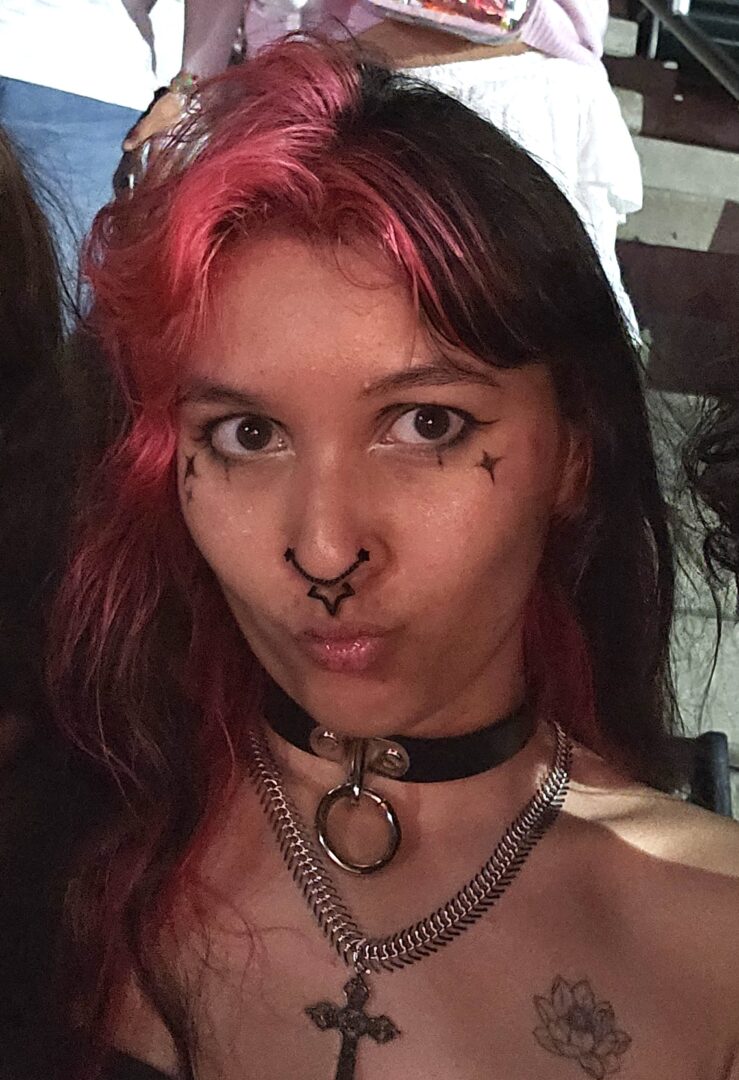
I’ve learned that when it comes to the art industry, being the only one in the room that looks like me is quite common, and actually a good thing. Every artist is unique and approaches their style, method, and art purpose differently. This is what’s amazing about the art community: everyone is different, no two artists are the exact same, and everybody has something new to bring to the table. Using your differences to elevate and represent your art not only makes you stand out from the crowd, but also adds personal meaning and connections to your work. Read More>>
Melinda Gillispie
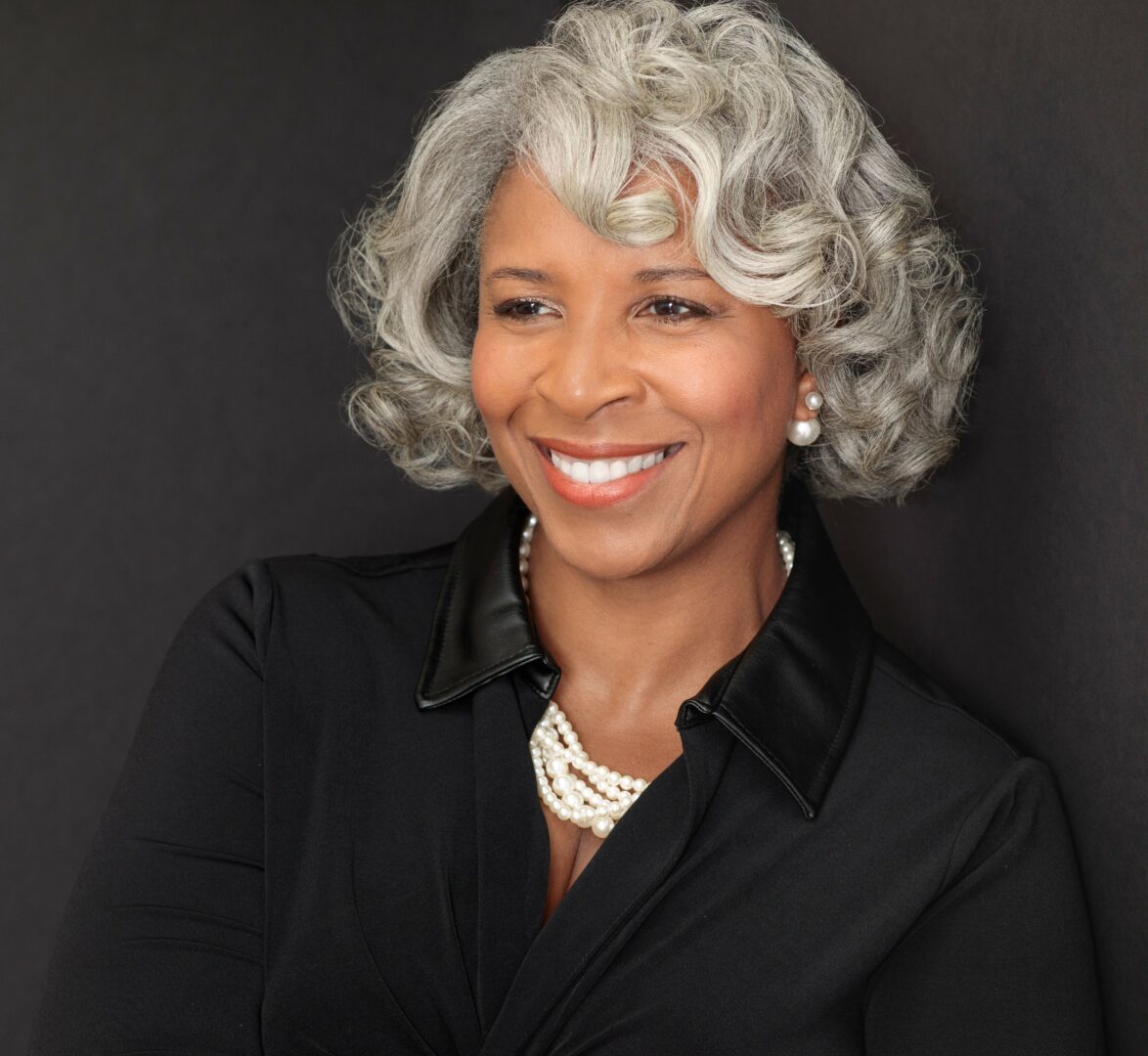
Growing up in an impoverished neiborhood and working my way through high school and college, I wanted to be successful and achieve influence more than leadership. I notice a book, it was a yellow book at a gas station once some 15 years ago when I was traveling and the title was “Lead Like You Are in Charge When You Are Not. That title won my attention. I purchased it and still to this day I reference that book. Read More>>
Lacey Johnson
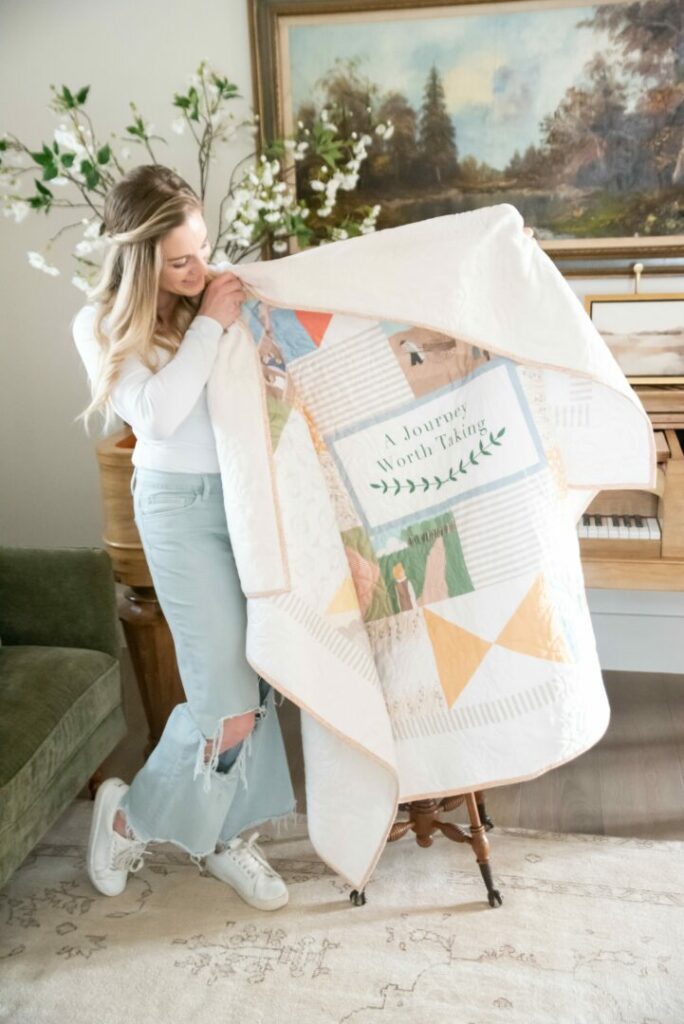
As we grow up we hear phrases like, “when push comes to shove,” or “fish or cut bait.” Our nature draws us to respond in a “fight or flight” method of choice making. There is a constant debate as to whether it is our nurturing within a given society that makes us who we are, or more of our natural born tendencies that shape us into who we will become. Studies may calculate and determine their own conclusions, but for me I have had the unique opportunity of living around the world in a variety of cultures and societies. Read More>>
Omar Francia
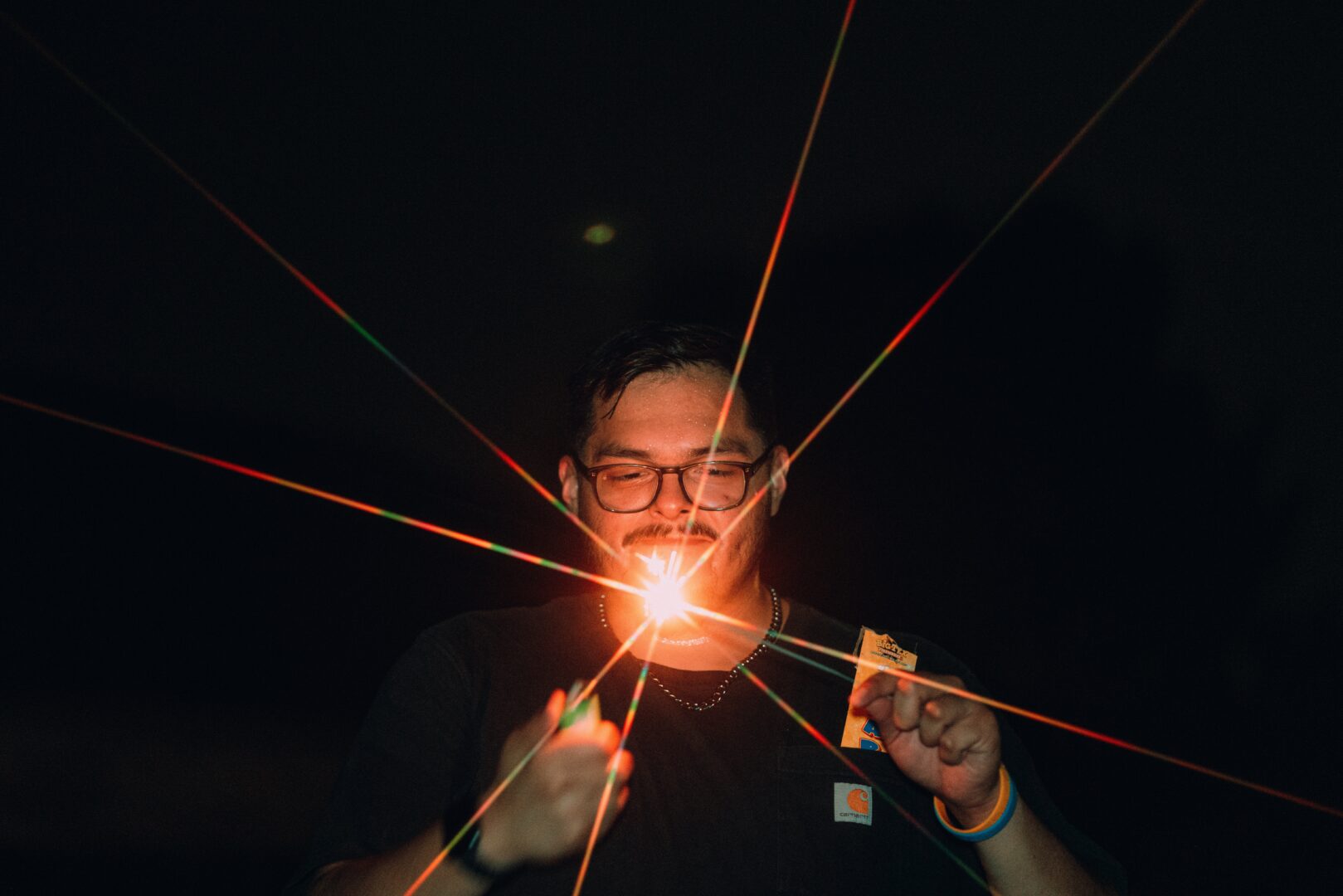
Over the 8 years of my professional career I’ve learned to embrace my skills and wear them with pride even if I’m the only one in the room. There was a point in time when I felt like being the only person in the room with a different perspective was a bad thing. I questioned whether I was on the right path, and if this was truly meant for me. It was only when I started to look inward rather than outward that I realized that there’s a reason I was meant to stand out from the crowd. I wasn’t meant to look like anyone else. Read More>>
Kyera “Intellect” Allison
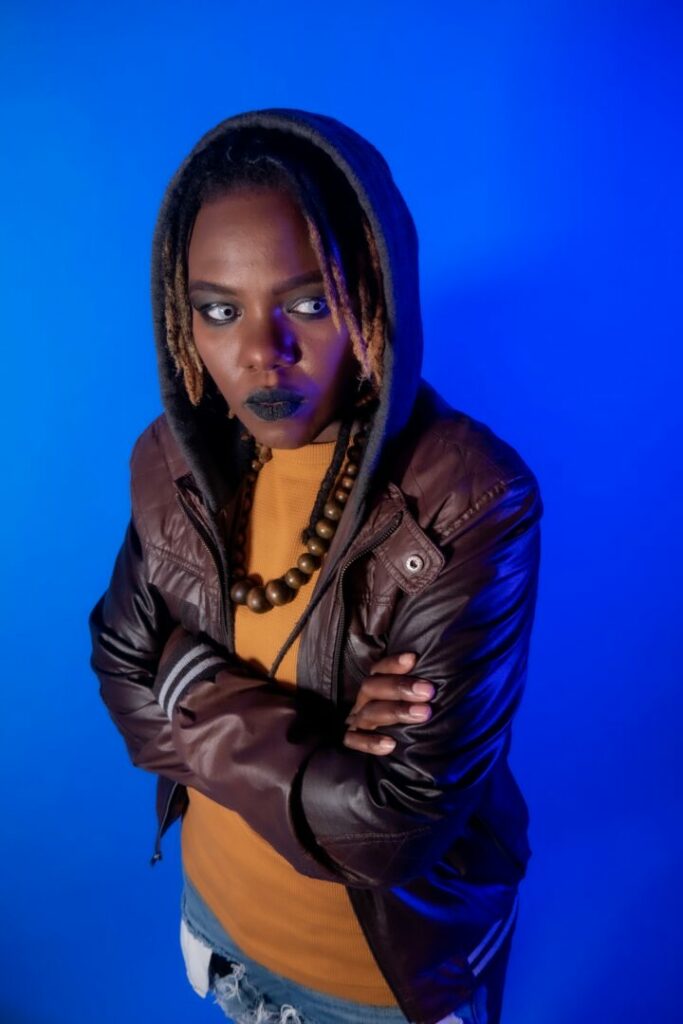
I remember first and foremost that there is only one me. Beyond what I look like, I am the only one with my story and I see that a great start to being in any room. With consideration to there being other personalities in the room, I work to be wise, brave and compassionate to everyone around me and that usually keeps me pretty effective and successful for every room that I am in. Read More>>
Niphaphone (Laura) Robertson

“Being the Only One in the Room”
I’ve spent most of my life being the one in the room who looked different. I was born homeless in a refugee camp in Thailand to Lao parents who had escaped war and communism. When we came to America, I quickly learned what it meant to stand out — not always in a good way. Read More>>
Erika “Kalacey” Seabrooks
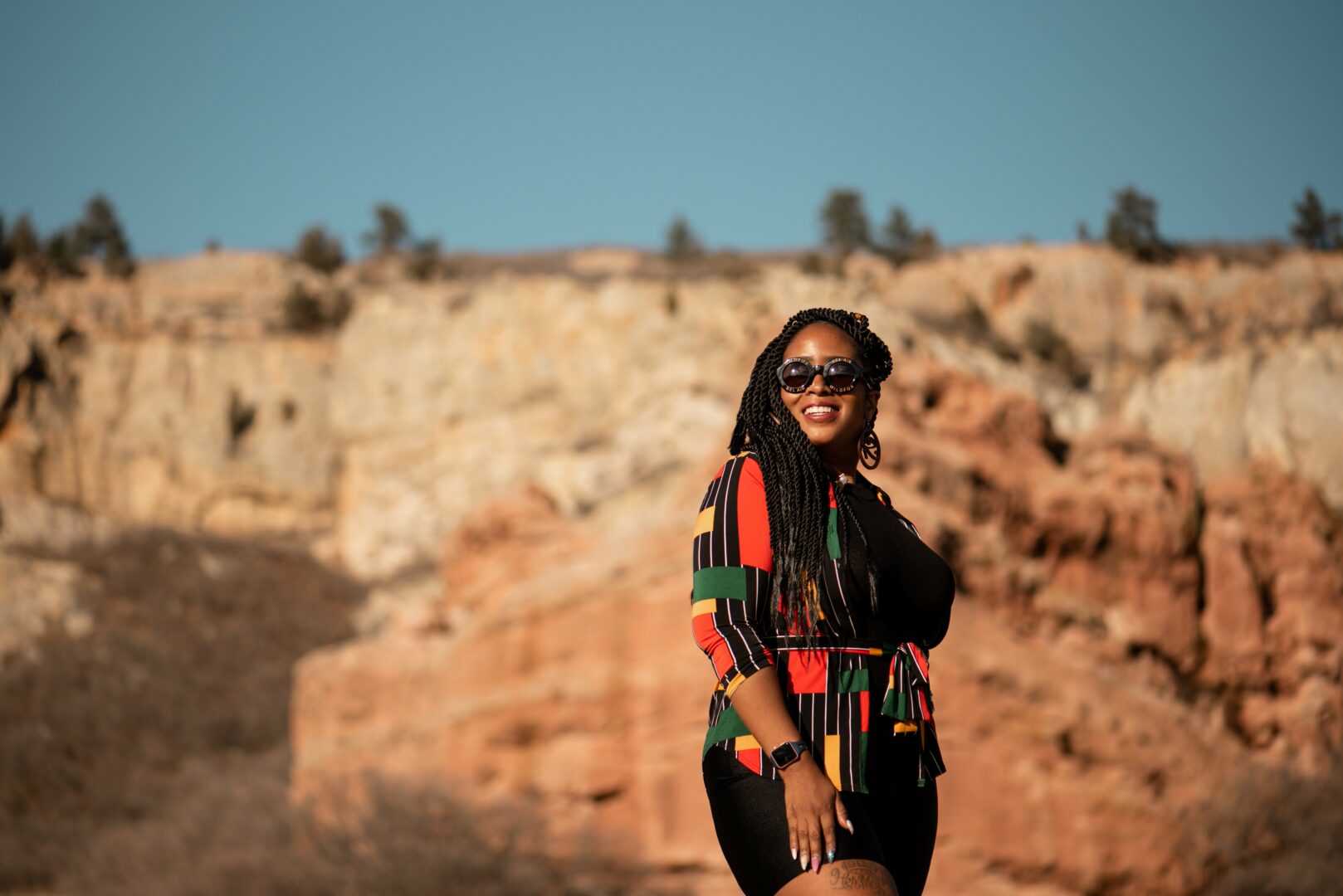
I grew up between New York City and Washington, DC, two places full of people from all walks of life, which meant different cultures and perspectives always surrounded me. But even with that diversity, I often found myself in rooms where very few people looked like me. I went through periods of self-doubt, but I learned to reframe those moments as opportunities. I realized I could shift perceptions, not by changing who I was, but by showing people what someone who looks like me can bring to the table. Read More>>
Nnate Kalu

Being the only one in the room who looks like me has certainly presented its challenges, but it
has also been a powerful catalyst for growth and resilience. I’ve learned to navigate these
situations by embracing my unique perspective and using it as a strength rather than a
limitation.
By embracing my identity and being proud of where I come from, I can confidently share my
insights and perspectives, which often resonate with others. Read More>>
Emily Coldiron
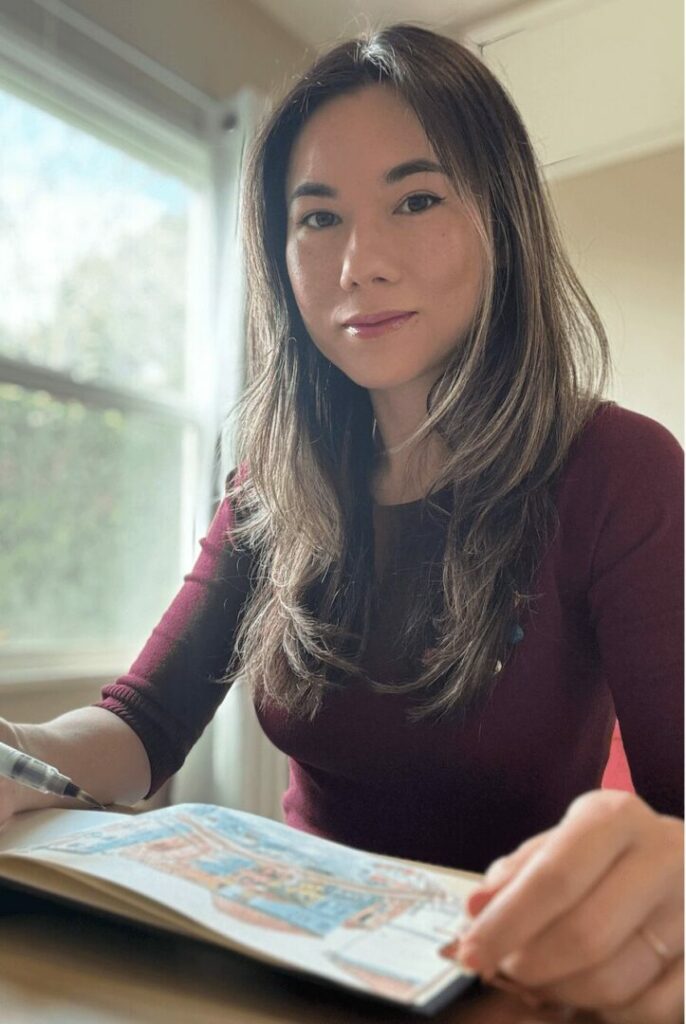
I grew up biracial in Kansas, so there have been many moments in my life where I felt like the odd one out. I also grew up very disconnected to my Vietnamese culture so it was sometimes difficult for me to even share about my background. Over time, I’ve learned that it’s okay to be authentic about your experience. Everyone has things that make them feel “different” and a little empathy can go a long way. I might look different but I can often find common ground and make connections regardless of who else is in the room. Read More>>
Danté X Johnson
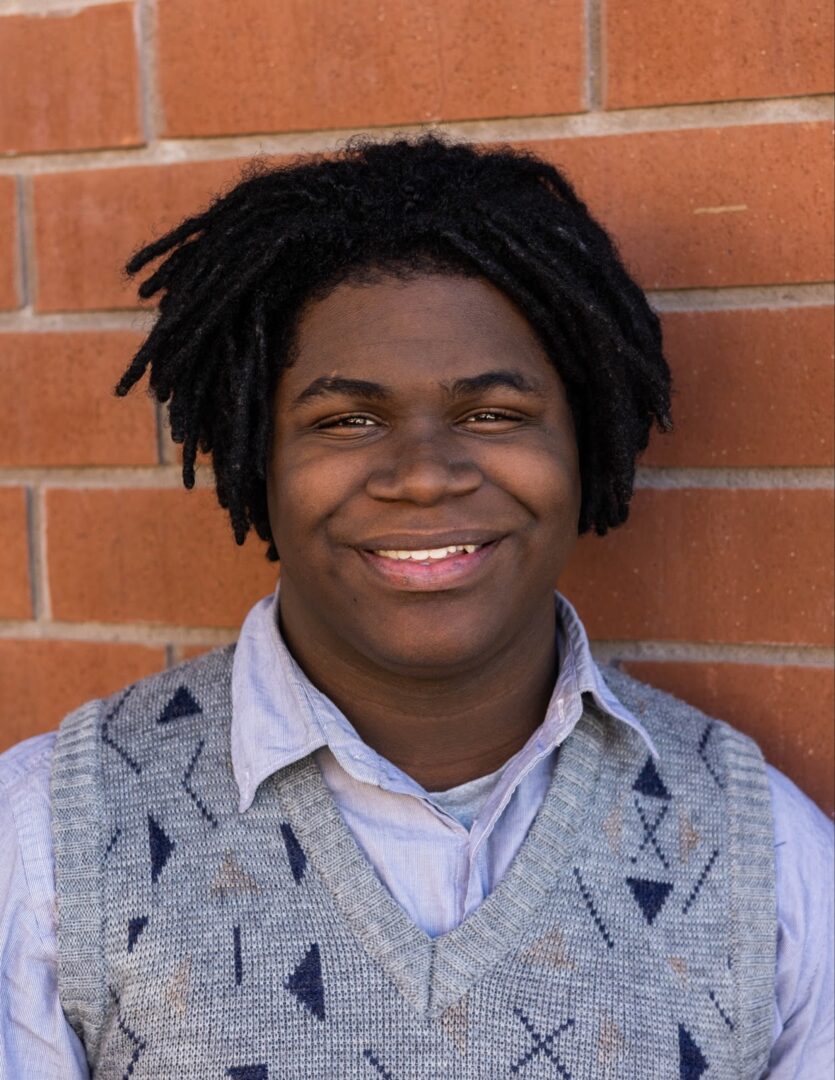
Being one of the only Black people and being one of the only non-binary people in the room is interesting. And sometimes, I’m the only Black non-binary person in the room. With that being said, there are a few things I’ve learned: I’m unique. I have a unique story, with a unique set of talents, a unique outlook on life, and a unique journey. Uniqueness is how artists can take an idea or thought and turn it into a beautiful piece of work. I’ve learned that not everyone wants to work with you, and you don’t necessarily want to work with everyone, but if you are your authentic, genuine, unapologetic, unique self, you attract the type of people who you’ll want to work with forever. Read More>>
Lauren Avinoam
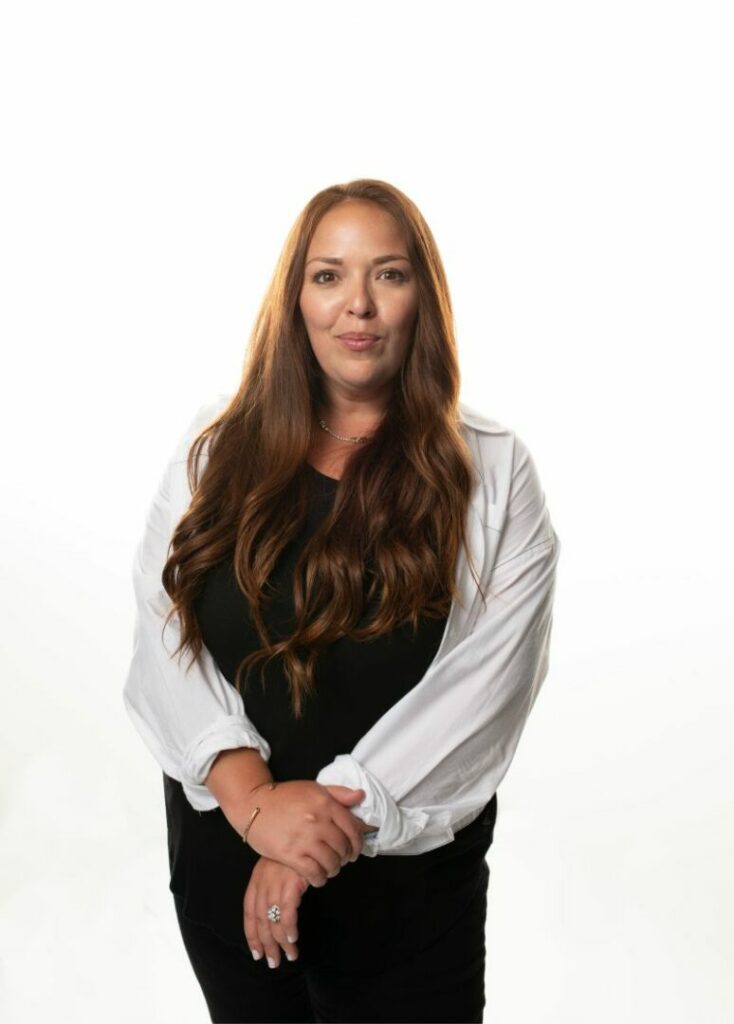
Lauren: Being the only one in the room? Yeah, that’s been a theme I can relate to. As a young Moroccan Jewish woman, an immigrant with a heritage peppered across the globe and frequently the only female voice at the table, I’ve had to learn to trust that what makes me different is actually what helps make me powerful. Read More>>
Jae XO
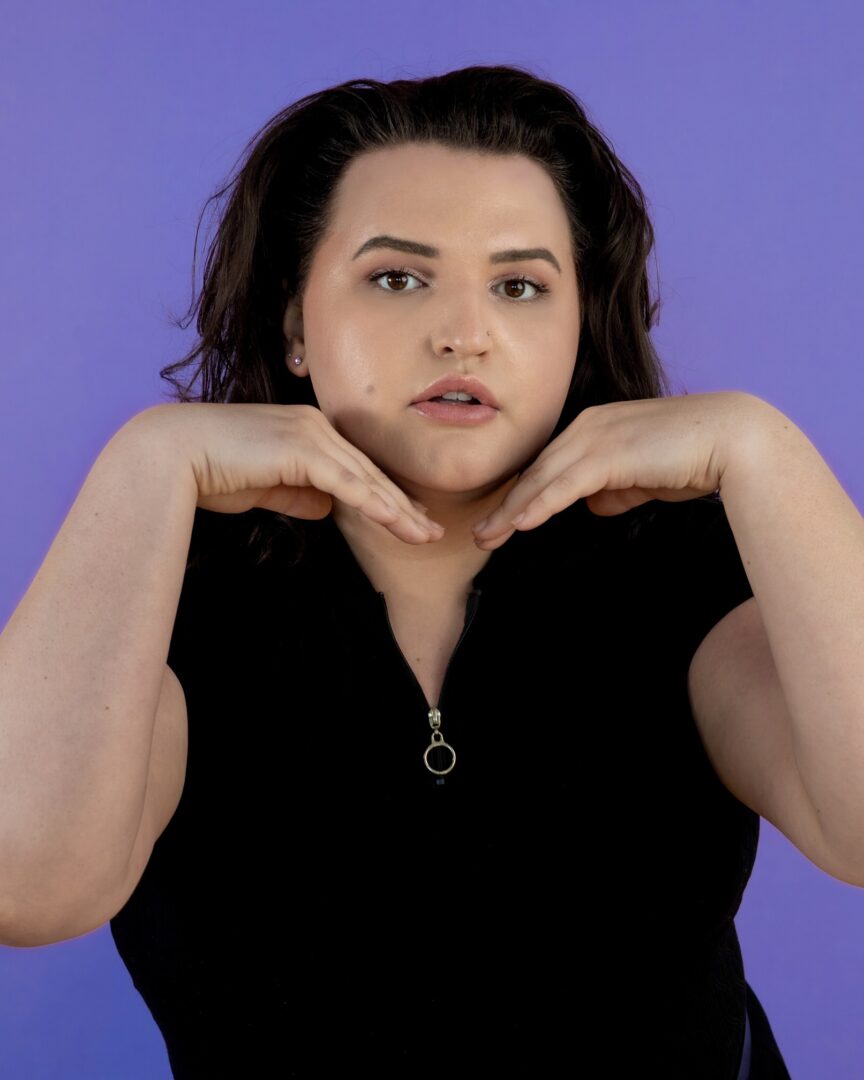
There was a time in my life that being different scared me. We are conditioned from a young age to fit a mold and find our place in the lineup. But I was never made for that lifestyle, and eventually found my way out of the crowd and into the spotlight. It took some time and patience, some learning and unlearning, and some loving and growing. Read More>>
Sajdah Ali
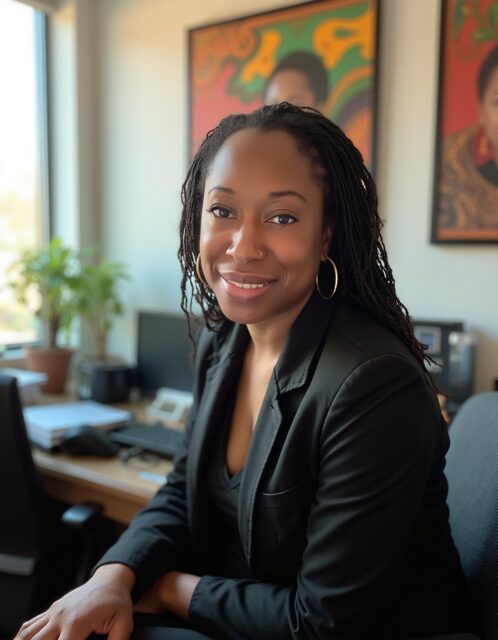
I empowered myself in these situations by viewing my uniqueness as a strength and desired rarity. Over time, I realized that many people who are leaders in my areas of expertise look, speak and sell the same story. However, more than often, the audience they are attracting DO NOT look like them and want to succeed in that particular area of business, as well. Read More>>
Arionna Vanya
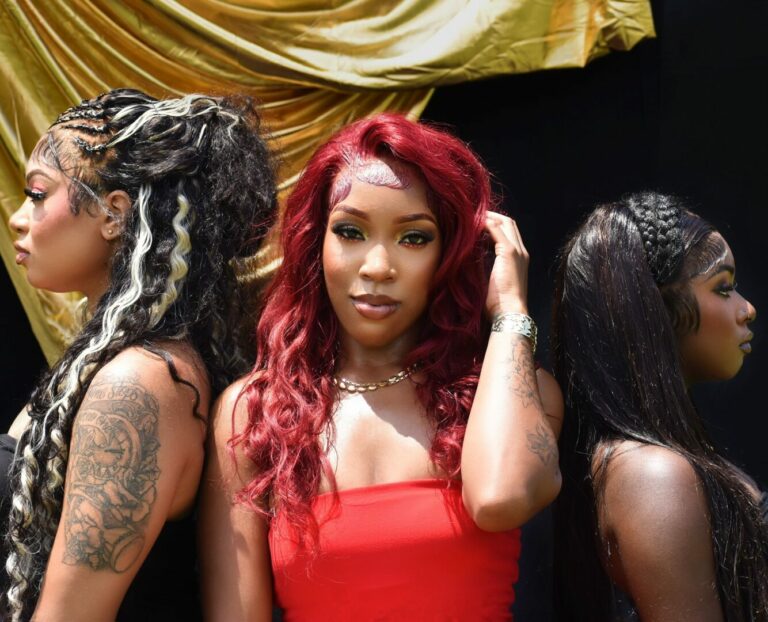
Being different is my superpower! As a young entrepreneur who began her journey at 15. I’ve learned to own my uniqueness and let it fuel my success, knowing that God opens doors for me. When I’m the only one in the room like me, I see it as a bonus. I choose faith over fear and showcase my unique perspective. My technique, artistry, age, background, and perspective may differ from others. Read More>>
Giaa Da Alpha

Being my self has always worked for me even in a room where It seems that I’m very indifferent. Simplicity.. Read More>>
Te’Igo McGilmer

I Learned at very young age to just be Te’Igo in Every room i enter and when i would hear that it took me 15 years to really understand what that question meant. It means don’t envy, hate nor want what someone else has accept only God Jesus Christ Himself can only give. True Effectiveness IS Coming in a Room in Peace,Love,and QUITENESS. Something the devil hates which is peace,love AND honesty. Give people that truly want change a chance. Read More>>
Maliha Khan

I didn’t have a single defining moment when I realized I was the only one in the room.
I was <i>always</i> the only one.
Too plus size. Too brown. Too Pakistani. Too Muslim. Too loud.
From childhood classrooms to corporate meetings, I rarely entered a space that felt built for someone like me. I learned early how to adapt—how to soften, overdeliver, or shrink parts of myself just to be accepted. Read More>>
R.H. Bird

We’re all unique. Whether it’s your age, race, religion, or nationality, there’s only one you. You’re incredibly special and exceptional. The worst thing you should do is look around and notice how everyone else is different and therefore you can’t accomplish what you want to. No one cares what you look like except you. When that sinks in it’s a very freeing philosophy. No one cares. Read More>>
Gwen Thomas
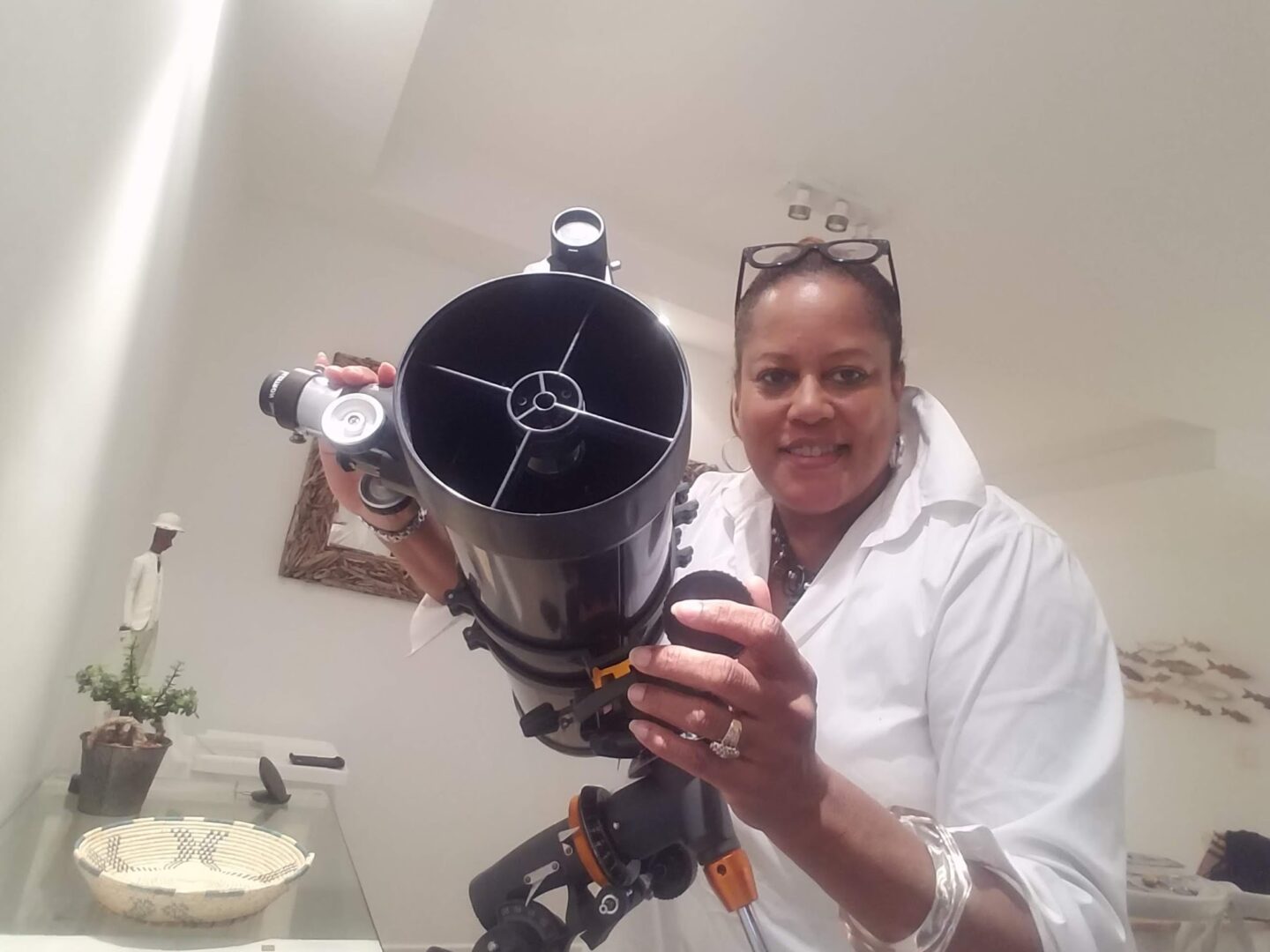
Being the only one in the room has never been easy, but it taught me how to lead before I was ever given permission.
I learned early that mastery was my armor. I made it a point to be the best in every room, not just because I wanted to, but because I had to. In every industry I entered, I was often the only one, or the first of the first: the only woman, the only Black woman, and the youngest by decades. That combination meant I had to work twice as hard just to be seen, and three times as hard to be respected. And I did, over and over again. Read More>>

